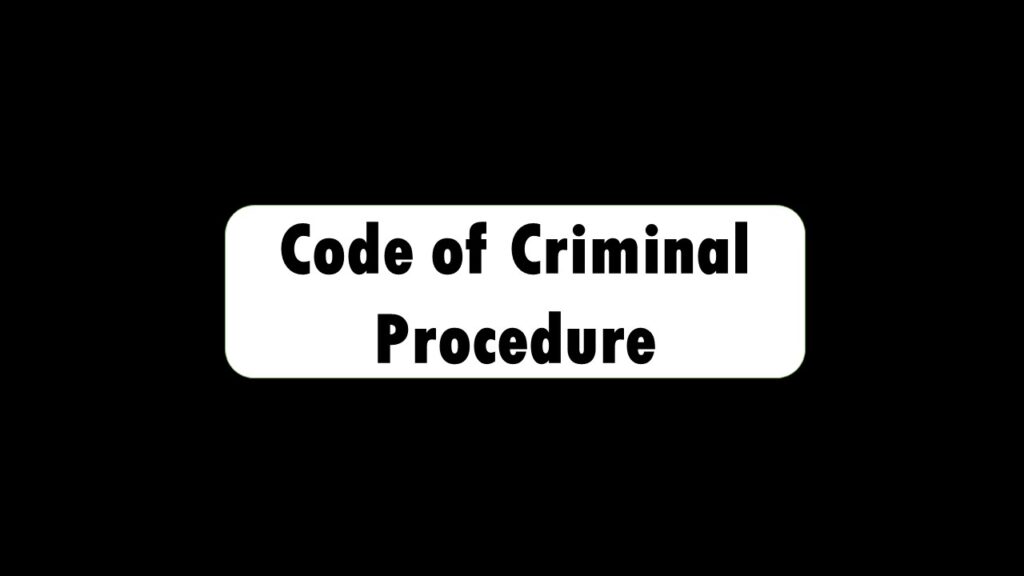Shri Gurbaksh Singh Sibbia vs. State of Punjab [(1980) 2 SCC 565]
Bail is not to be withheld as a punishment
27. It is not necessary to refer to decisions which deal with the right to ordinary bail because that right does not furnish an exact parallel to the right to anticipatory bail. It is, however, interesting that as long back as in 1924 it was held by the High Court of Calcutta in Nagendra v. King Emperor [AIR 1924 Cal 476, 479, 480 : 25 Cri LJ 732] that the object of bail is to secure the attendance of the accused at the trial, that the proper test to be applied in the solution of the question whether bail should be granted or refused is whether it is probable that the party will appear to take his trial and that it is indisputable that bail is not to be withheld as a punishment. In two other cases which, significantly, are the ‘Meerut Conspiracy cases’ observations are to be found regarding the right to bail which deserve a special mention. In K.N. Joglekar v. Emperor [AIR 1931 All 504 : 33 Cri LJ 94] it was observed, while dealing with Section 498 which corresponds to the present Section 439 of the Code, that it conferred upon the Sessions Judge or the High Court wide powers to grant bail which were not handicapped by the restrictions in the preceding Section 497 which corresponds to the present Section 437. It was observed by the court that there was no hard and fast rule and no inflexible principle governing the exercise of the discretion conferred by Section 498 and that the only principle which was established was that the discretion should be exercised judiciously. In Emperor v. Hutchinson [AIR 1931 All 356, 358 : 32 Cri LJ 1271] it was said that it was very unwise to make an attempt to lay down any particular rules which will bind the High Court, having regard to the fact that the legislature itself left the discretion of the court unfettered. According to the High Court, the variety of cases that may arise from time to time cannot be safely classified and it is dangerous to make an attempt to classify the cases and to say that in particular classes a bail may be granted but not in other classes. It was observed that the principle to be deduced from the various sections in the Criminal Procedure Code was that grant of bail is the rule and refusal is the exception. An accused person who enjoys freedom is in a much better position to look after his case and to properly defend himself than if he were in custody. As a presumably innocent person he is therefore entitled to freedom and every opportunity look after his own case. A presumably innocent person must have his freedom to enable him to establish his innocence.
